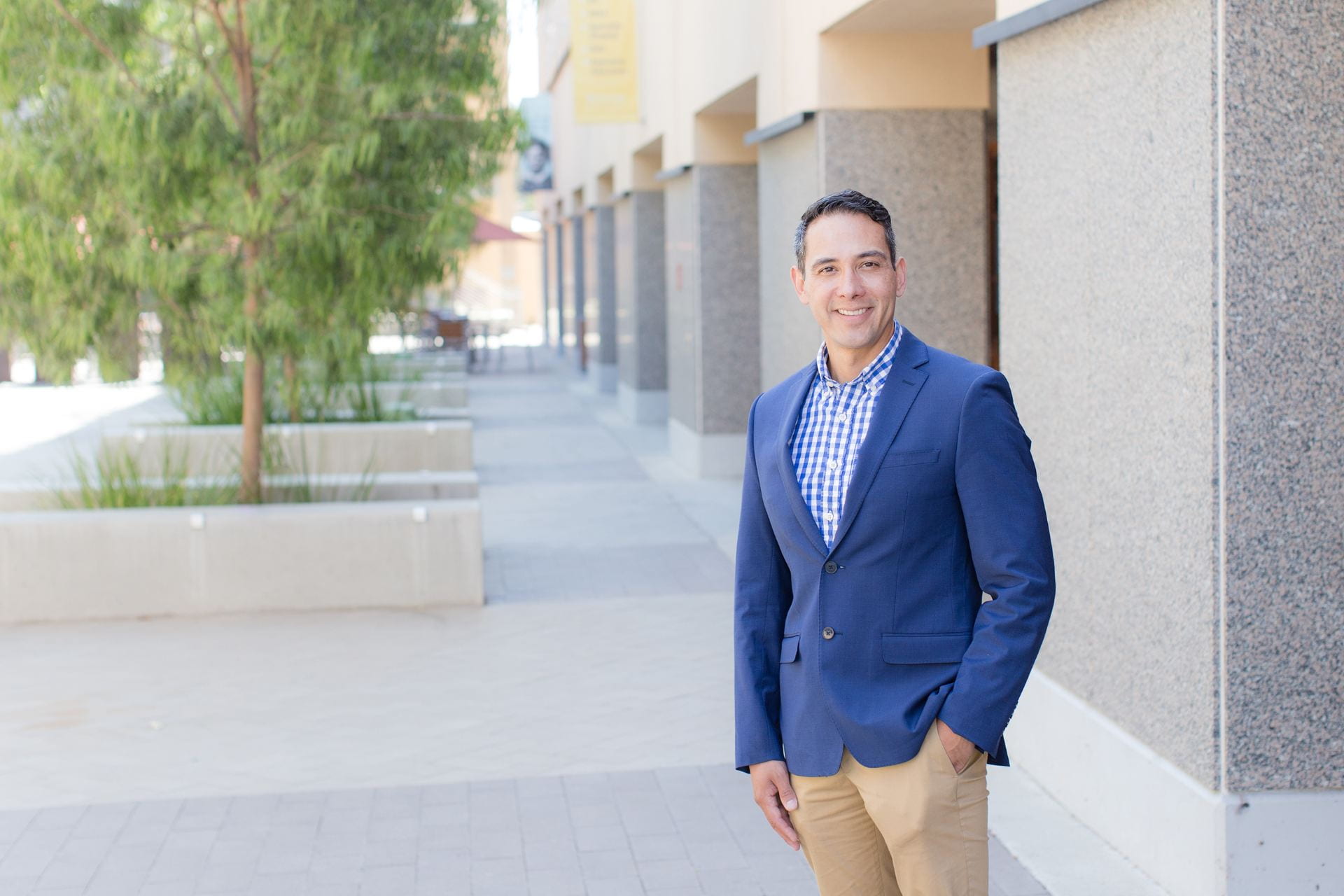How to keep the ‘happy’ in the holidays
UCI psychiatrist Jody Rawles says the key to reducing seasonal stress is setting realistic expectations

Roast the turkey. Bake the pies. Decorate the house. Buy the gifts. The list goes on.
Sometimes the demands of the holiday season can overshadow the enjoyment. A survey by the American Psychological Association found that more than eight in 10 Americans anticipate excessive stress during the upcoming holidays.
How can you enjoy the season amid the anxiety? It helps to remember that the days between Thanksgiving and Jan. 1 are not typically life-altering, says Dr. Jody M. Rawles, associate professor and interim chair of psychiatry & human behavior at UC Irvine.
“June is usually considered by the psychiatric community to be a more stressful month than December,” he explains. “June usually carries more monumental changes – people get married or move or graduate and have to find jobs. The holidays are just days. They shouldn’t be as disruptive as people think.”
Adults tend to become overwhelmed, frustrated or sad during the holiday period because of heightened expectations.
“Our culture and the media set a high bar,” Rawles says. “We’re supposed to be this ideal cross between Norman Rockwell and Martha Stewart. We have to have this incredible meal for family and friends, and everyone is supposed to have a wonderful time. But life is complicated.”
In reality, family members don’t always get along. The turkey is dry. The kids have the flu.
“Not every husband orders a Lexus for his wife and has it shipped in two days with a big bow on it,” Rawles notes. (Does anyone actually do that?)
Set realistic expectations for the holidays, he suggests. If money is an issue, establish a budget and stick to it. Enlist your spouse and kids in holiday decisions so that everyone is on the same page.
Some people may need to do extra planning to avoid holiday pitfalls. High stress levels can trigger bad health habits, such as eating or drinking too much. Strategize in advance how to deal with such temptations, Rawles advises.
Individuals who are recently separated, divorced or widowed might have to be proactive to ensure that they aren’t alone or lonely. Adults with mood issues, particularly seasonal affective disorder, should consider tactics to ward off sadness or depression – adhering to an exercise regimen, for example, or seeing a mental health professional on a regular basis.
“As a society, we do value holidays,” Rawles says. “But we may have to take preventive measures to make sure they don’t become depressing days.”
Tips for holiday stress-busting
- • Don’t worry about your weight. Studies show that most people gain less than a pound during the holiday season. Try using a small plate to sample holiday buffet dishes. Don’t skip meals or allow yourself to become overly hungry before a party or big meal. Take a walk after a dinner or celebration. Hit the gym extra hard in January.
• Pace yourself when drinking. Have “drink spacers,” or nonalcoholic beverages, between cocktails. Enlist a designated driver.
• Talk to kids about realistic expectations for gifts and holiday activities.
• Take small steps to deal with the demands of the holidays instead of trying to do everything at once. Shop online.
• Spend a few hours doing volunteer work, or buy a gift for a toy drive. Helping others who are less fortunate helps put things in perspective.
• Take time for yourself, such as a daily walk or a soak in the tub.
• Get plenty of rest and make sure kids get plenty of rest.
• Don’t be afraid to say no. Set limits.


